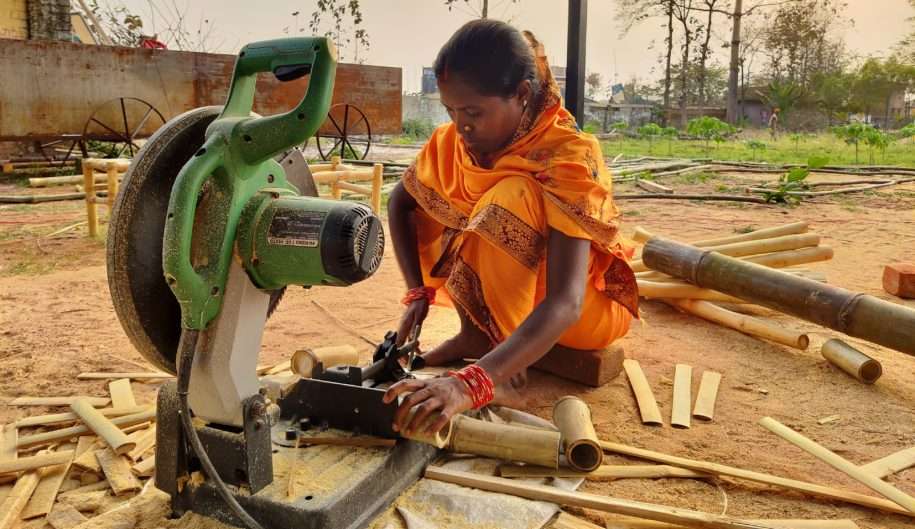India has one of the lowest female labour-force participation rates in South Asia. Even when women set up enterprises, 98% of these remain in the ‘micro’ category. Women in rural India face additional gender barriers to income generation, and in access to economic resources and opportunities. The Government of India has several programs to enhance women’s livelihoods and their economic and social empowerment, several of which emphasise women’s collectives. However, rigorous evidence on factors that enhance the viability, scale, and impact of these initiatives is scarce.
This brief highlights insights from five pilot projects conducted under 3ie’s Swashakt Evidence Program, for which LEAD served as the grants management partner. Drawing on qualitative and quantitative data from five pilot projects, the brief underscores the importance of socio-economic profiles, value chains, community support, external funding, and institutional backing in fostering women’s entrepreneurial success. It offers valuable recommendations for addressing barriers and enabling sustainable, scalable collective enterprises.





